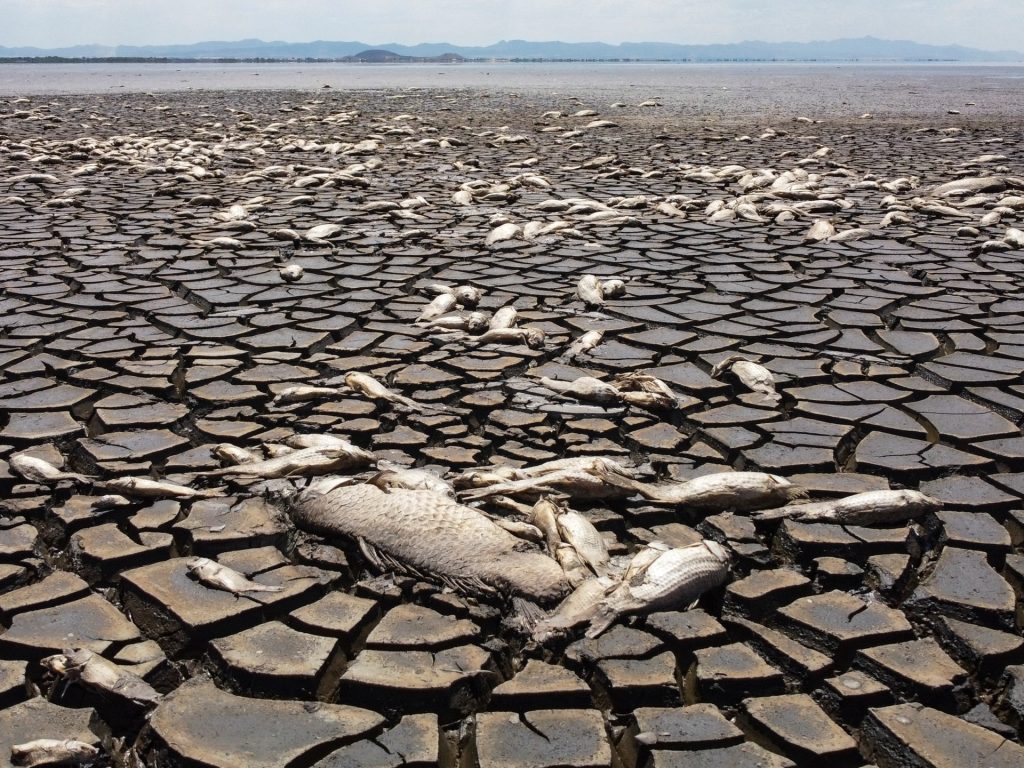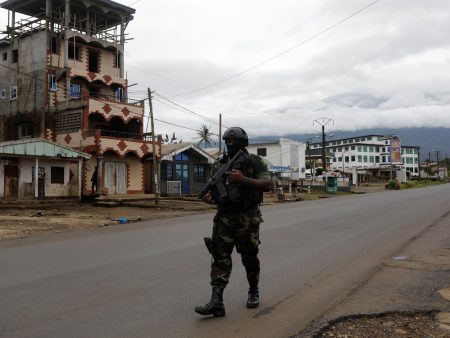The year 2024 has etched itself into the annals of climate history as the first full year in which global average temperatures surpassed 1.5 degrees Celsius above pre-industrial levels. This alarming milestone, confirmed by the European Union’s Copernicus Climate Change Service (C3S), underscores the relentless advance of the climate crisis, pushing the planet into uncharted thermal territory for modern humans. The escalating trend is starkly illustrated by the monthly temperature records of 2024, each month registering as either the warmest or second-warmest on record. The overall average temperature for the year soared to 1.6 degrees Celsius above the pre-industrial baseline (1850-1900), a period before widespread fossil fuel combustion drastically altered the atmospheric composition. While this does not signify a permanent breach of the 1.5C threshold established in the Paris Agreement, it serves as a stark warning of its imminent and dangerous proximity.
The primary driver of this unprecedented warming trend is the relentless accumulation of greenhouse gases in the atmosphere, primarily from the burning of fossil fuels – coal, oil, and gas. This accumulation, akin to wrapping the planet in an increasingly thick blanket, traps heat and drives up global temperatures. The consequences are far-reaching and interconnected: rising ocean temperatures, expanding sea levels, and the accelerating melt of glaciers and ice sheets, all contributing to a cascade of climate-related impacts. The magnitude of the 2024 temperature surge, an eighth of a degree Celsius higher than the previous record set in 2023, is particularly alarming. This represents a significant jump compared to the incremental hundredths of a degree increases typically observed prior to the recent acceleration in global warming. The past decade now stands as the hottest on record, likely the warmest in 125,000 years, underscoring the accelerating pace of climate change. The hottest day ever recorded, July 10, 2024, reached a global average of 17.16 degrees Celsius, further highlighting the intensifying heat extremes.
The implications of surpassing the 1.5C threshold, even temporarily, are profound. The Paris Agreement, adopted in 2015 by nearly 200 nations, identified this limit as crucial for averting the most catastrophic consequences of climate change. However, current global efforts to curb emissions fall far short of what is required to achieve this target. The consequences of inaction are already manifest across the globe, impacting communities from the wealthiest to the most vulnerable nations. Recent examples include devastating wildfires in California, Bolivia, and Venezuela; torrential floods in Nepal, Sudan, and Spain; and deadly heatwaves in Mexico and Saudi Arabia, all indicative of the escalating impacts of a changing climate.
Climate change is not merely increasing average temperatures; it’s exacerbating extreme weather events. The warming atmosphere holds more moisture, leading to more intense downpours and flooding. The record-high levels of atmospheric water vapor recorded in 2024 underscore this trend. Storms are becoming more powerful, and droughts more severe, disrupting ecosystems, displacing populations, and straining resources. The economic and social costs of these climate-related disasters are escalating, yet political will to address the root causes – greenhouse gas emissions – remains uneven.
The political landscape surrounding climate action presents further challenges. The incoming US administration, under President-elect Donald Trump, has expressed skepticism about climate change, despite the overwhelming scientific consensus on its human-caused nature and severe consequences. This stance raises concerns about the US’s commitment to international climate agreements and its role in global emissions reduction efforts. The disconnect between scientific evidence and political rhetoric underscores the urgent need for stronger leadership and greater public awareness of the climate crisis.
The breaching of the 1.5C threshold serves as a stark wake-up call to the international community. It underscores the urgent need for accelerated action to reduce greenhouse gas emissions, transition to cleaner energy sources, and invest in climate adaptation and resilience measures. The failure to meet the Paris Agreement targets carries grave consequences, threatening to unleash a cascade of climate impacts that will disproportionately affect vulnerable populations and ecosystems. The time for decisive action is now; further delays will only amplify the costs and risks associated with a rapidly changing climate. The scientific community has sounded the alarm repeatedly, and the evidence is undeniable. The future of the planet hinges on the choices made today.










